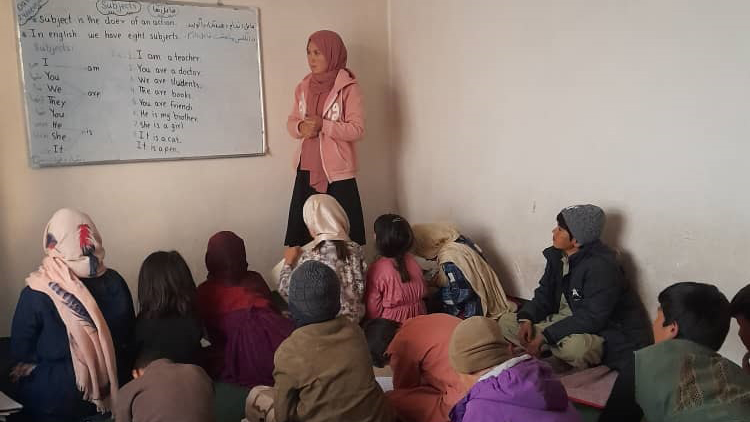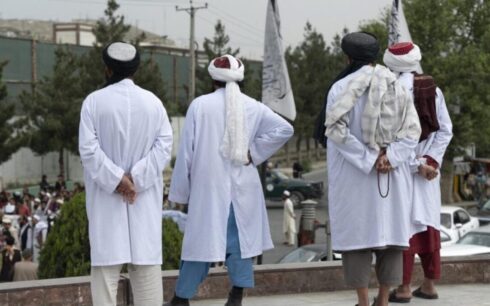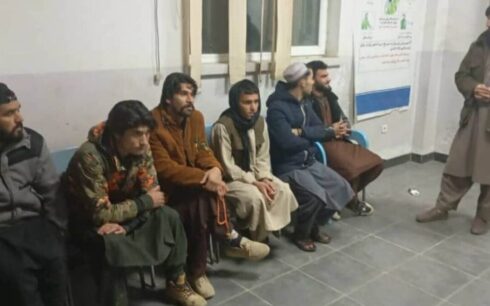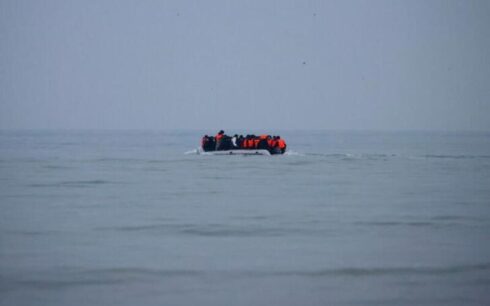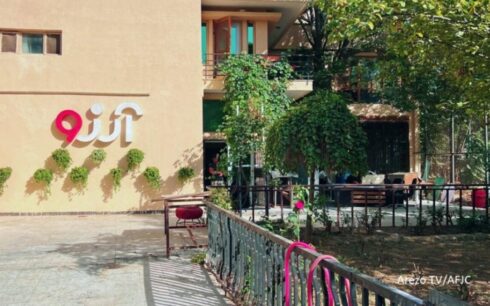Parents raised concerns on Saturday over the lack of schools for their children in remote villages in the northern province of Kunduz.
According to a number of parents, the villages are in the Qala-e Zal district of the province and the only schools available are elementary schools.
They said the problem affects Noor Mohammad Khatb, Chalosh, Ibrahim Khatb, Khalifa Nabi, Mohim Qoli, Laghmani Bala and Haji Rozia villages.
Abdul Samad, a resident of the Chalosh village of Qala-e Zal district, told Amu TV that he has two sons, 10 and 9 years old, who attend the local school in Noor Mohammad Khatb village.
He said he is worried about their future once they finish elementary school.
According to Samad, the Swedish Committee funds the local schools but has said they plan to stop classes above Grade 4, due to financial constraints.
“Unfortunately, my 10-year-old son, who was enrolled in Grade 5 this year, may not be able to go to school anymore, because the central school is seven kilometers away from our village, and my son cannot go at this age, and I myself do not have the financial means to buy a bicycle; now he will be forced to work as a farmer like me,” he added.
However, residents of these remote villages of Qala-e Zal district stated that dozens of children do not have access to schools in this district.
Ali Murad, another resident of the district, also raised his concerns over his son’s future. He said his child is in Grade 2. According to Murad, many children are deprived of an education due to the lack of schools in their area, and once they get older, their either leave the country or become farmers.
“I don’t want my son to face an uncertain future; We ask the institutions or organizations and the Emirate (Taliban) to take care of our problem,” Murad said.
If one school, the Swedish Committee-funded Qizil Shah school, canceled classes above Grade 4, more than 100 boys would be denied an education, residents said.
Abdul Basir, a resident of the Mohim Qoli village, stated that the lack of access to basic facilities such as educational centers, health centers, and other important and basic needs was disgraceful. He said people are very worried about the lack of educational facilities for their children.
According to him, children are being deprived of an education above Grade 6, and in some areas above Grade 4. This, he said, has been going on for a few years and that the children affected are then forced to work on farms to help their families.
“I have two sons, both of them are studying in the local school, Qizil Shah. If this school is not registered and supported by the government (Taliban), they will have to stop studying after finishing the fourth grade because [the nearest school] is too far [from their villages]. There are thousands of problems; therefore, our problem is very serious.”The Taliban’s office of the education department for Kunduz, however, stated that around 30,000 children in the province have not been able to attend school in the past few years due to the conflict and the COVID-19 pandemic.

